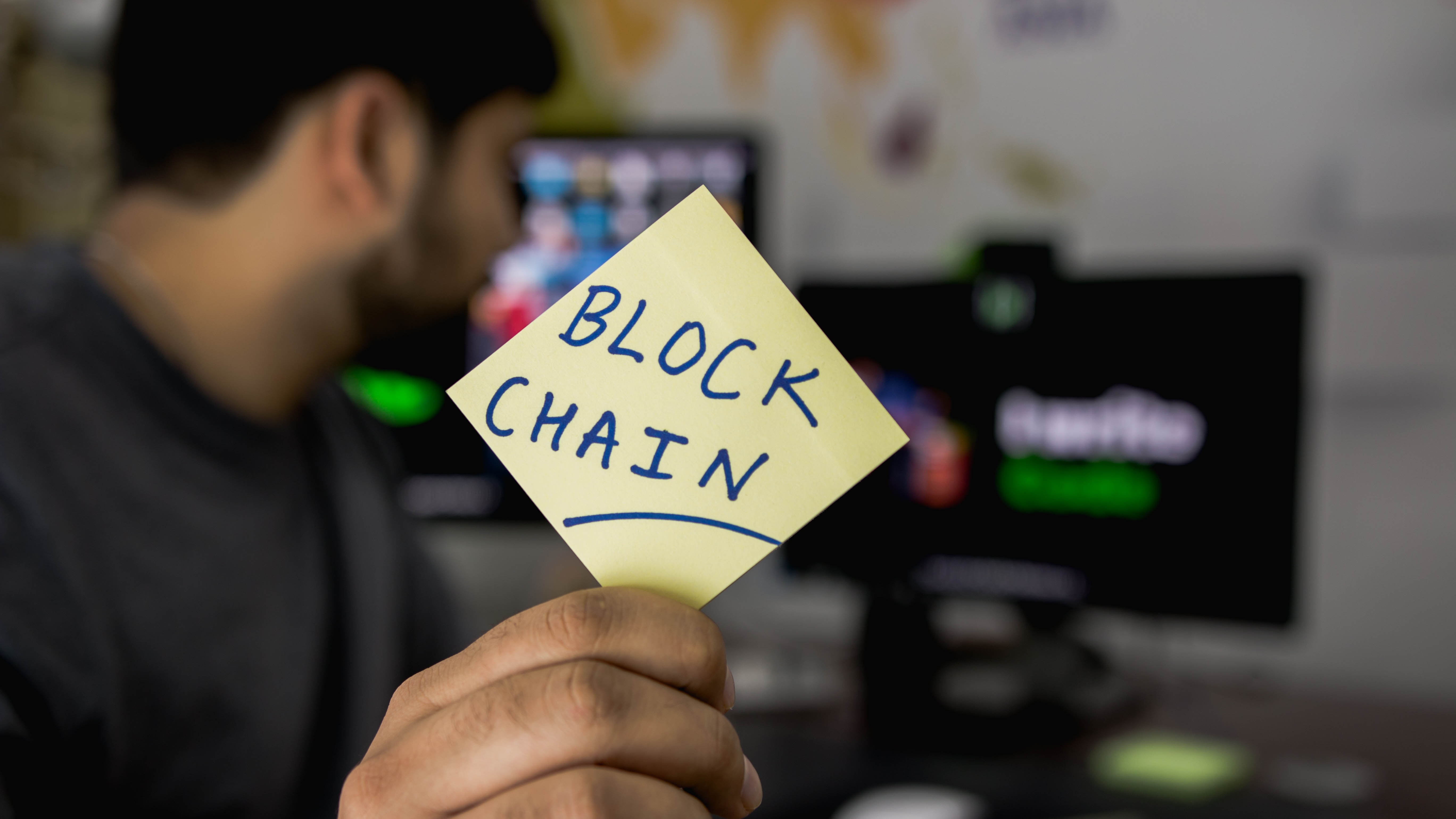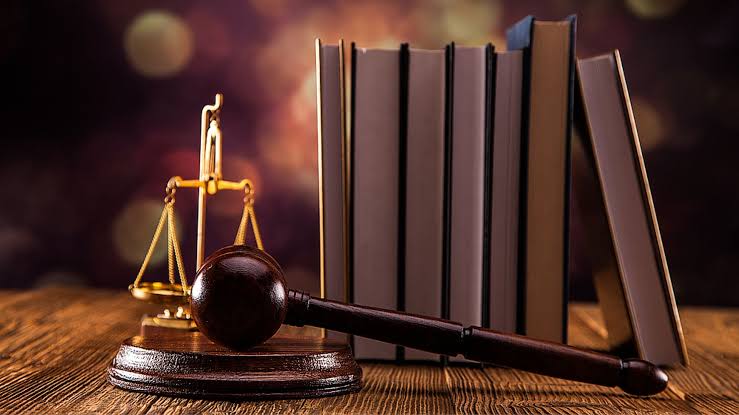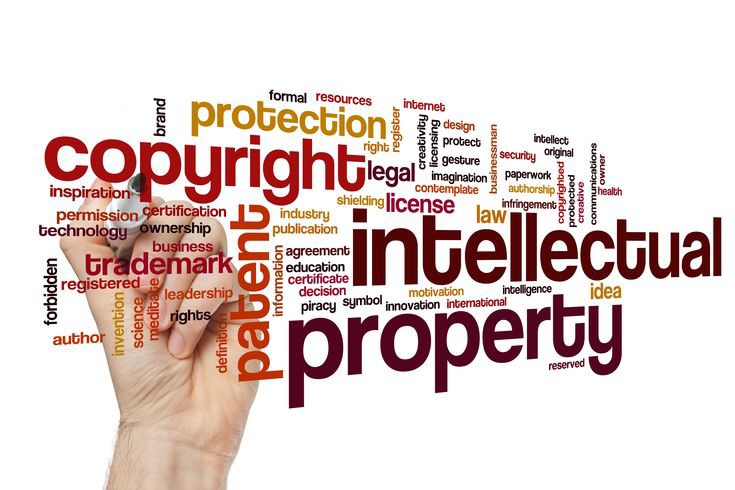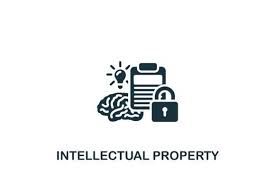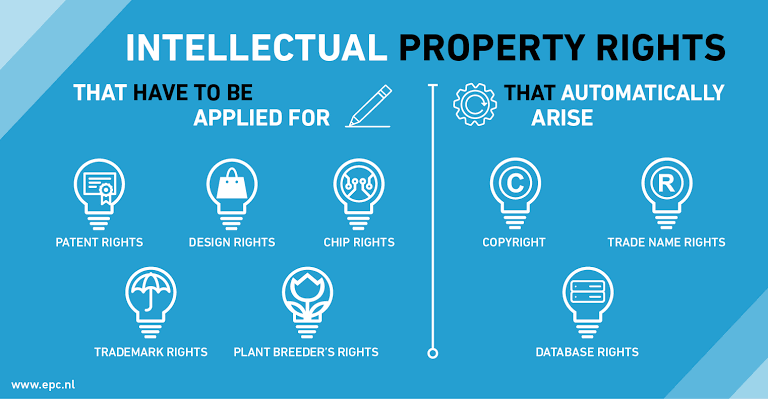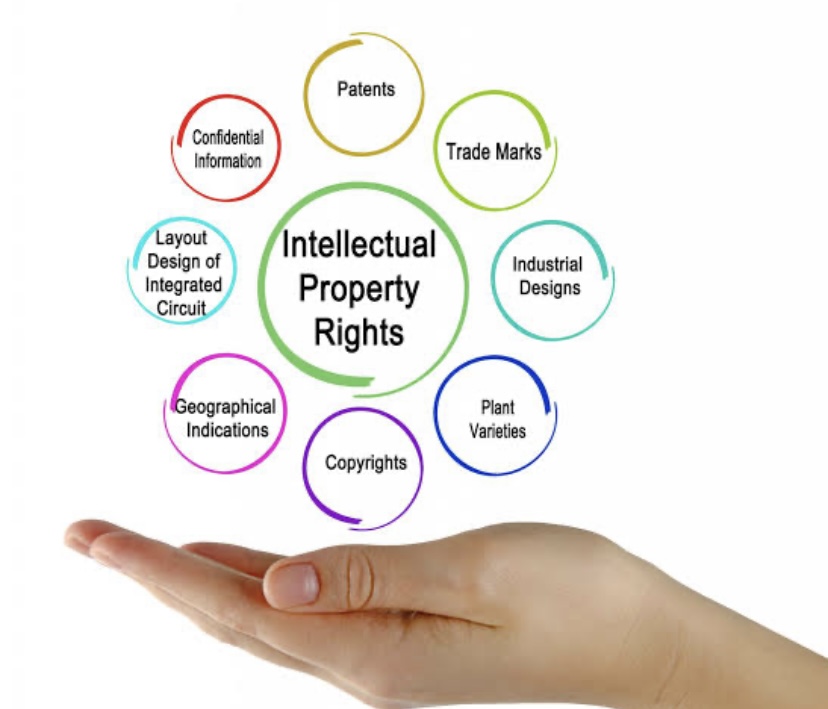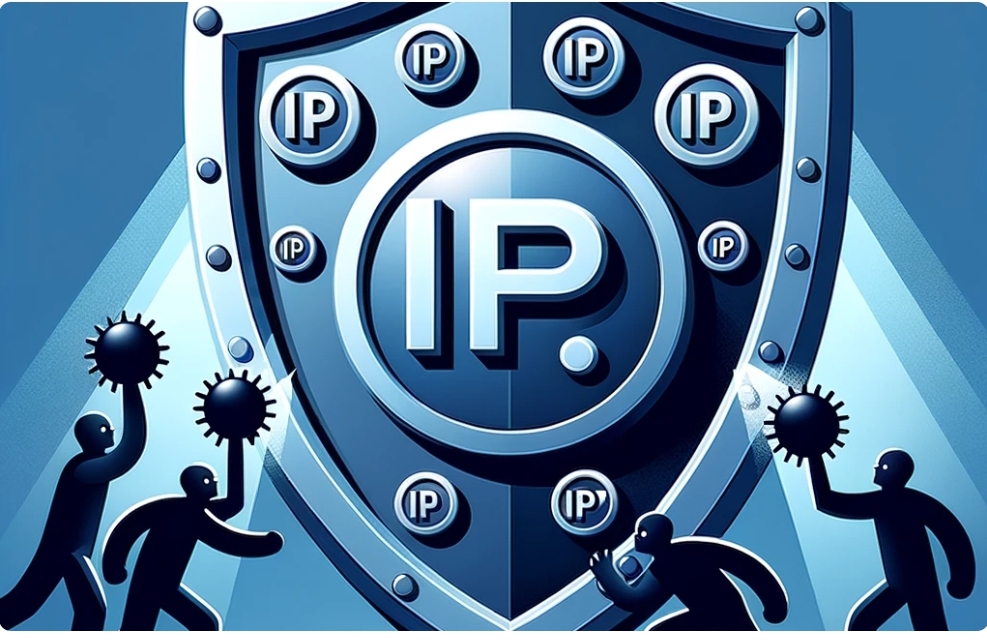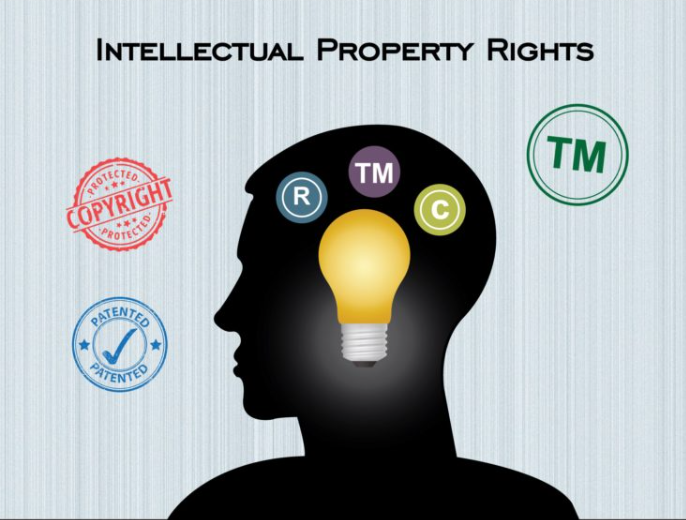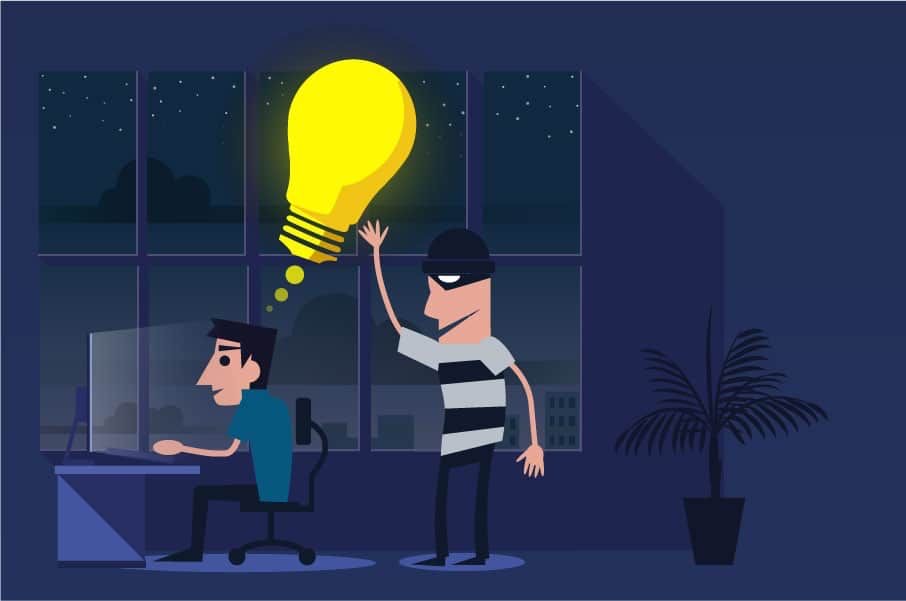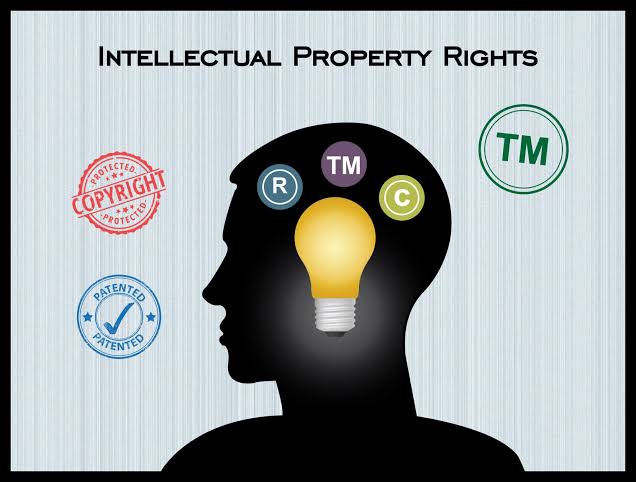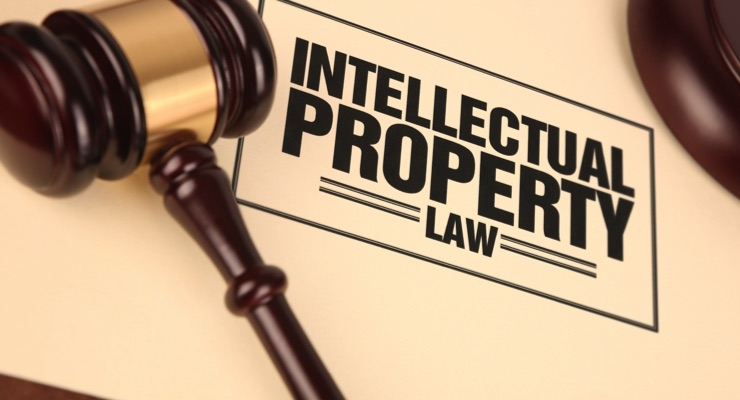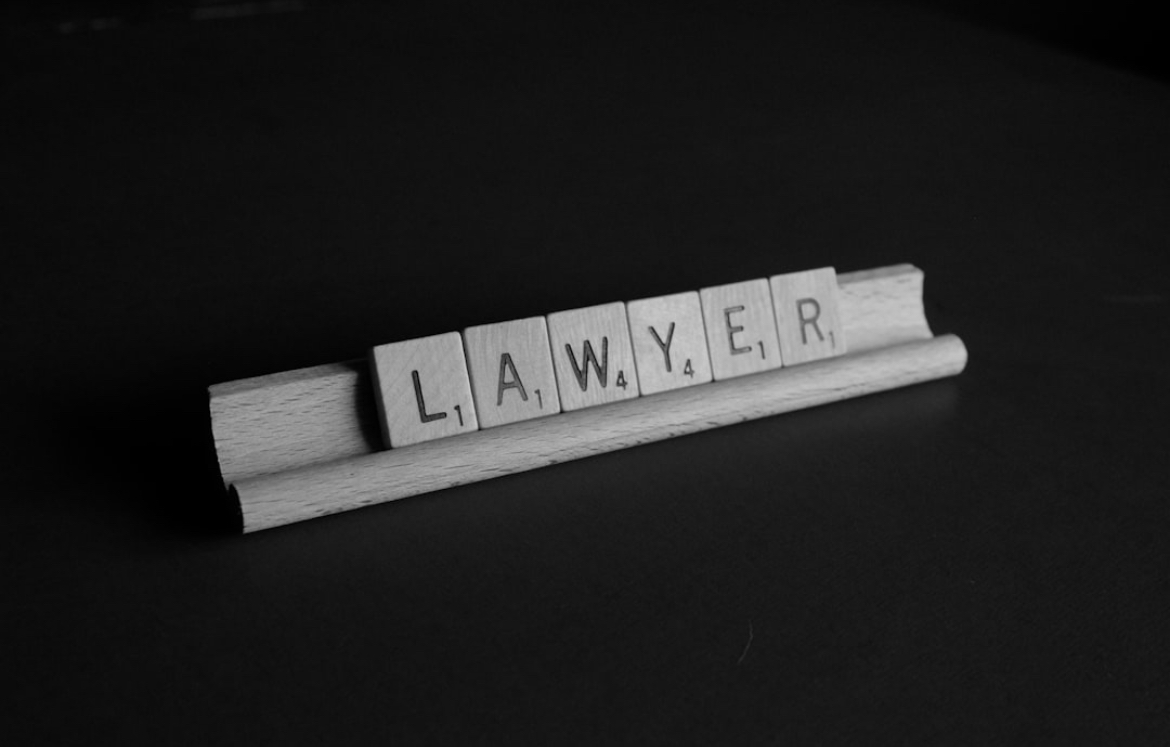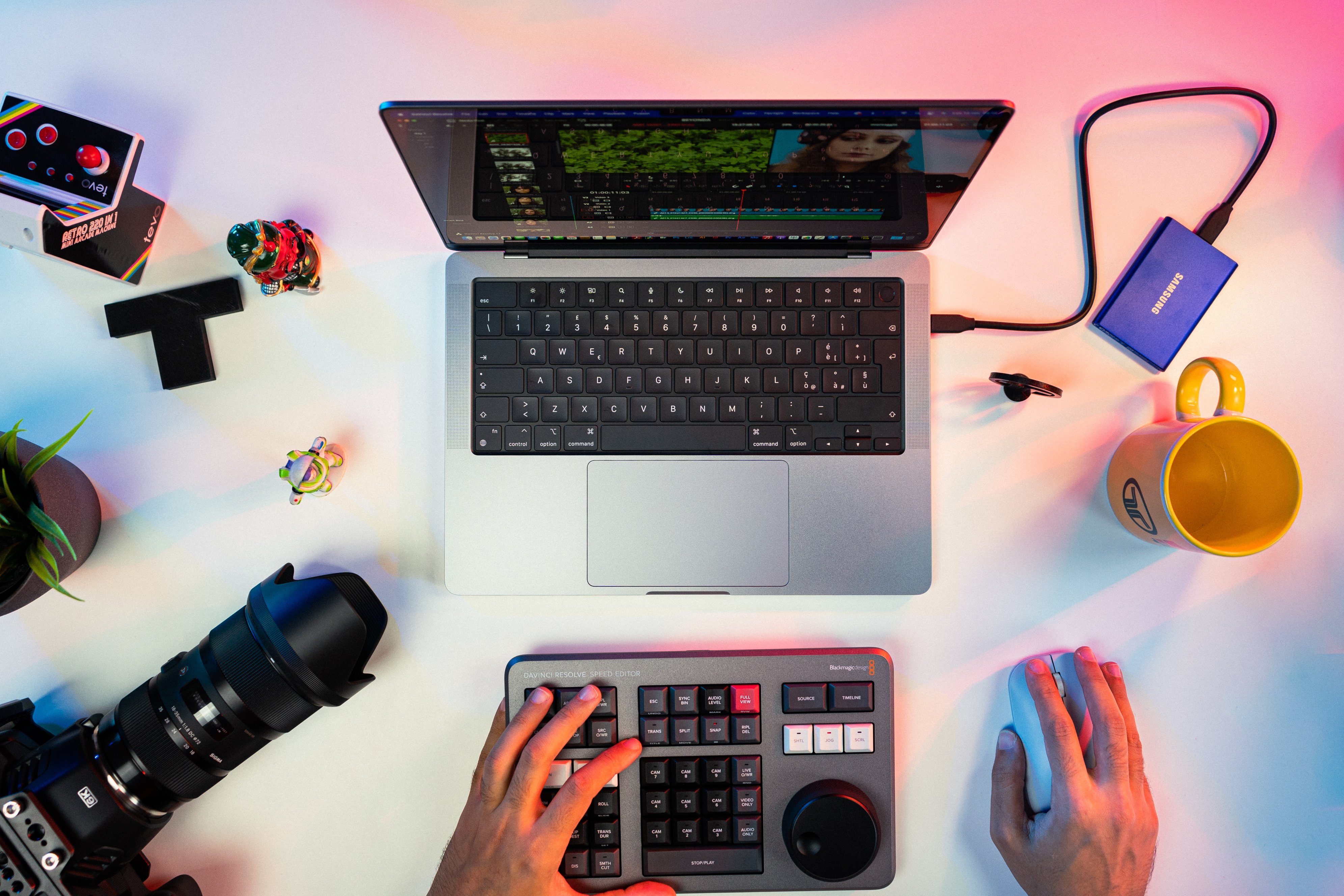
As a content creator, your intellectual property is the lifeblood of your business. Whether you are a writer, artist, photographer, musician, or filmmaker, your work is unique, original, and represents a significant investment of time, creativity, and resources. Protecting your intellectual property rights is essential for preserving the value of your work and preventing others from using, copying, or profiting from it without your permission.
In this article, we are discussing the different forms of intellectual property, why protecting your intellectual property rights is crucial, and how you can take steps to safeguard your work. We will also discuss best practices for avoiding infringement and what to do if your intellectual property rights have been infringed.
What is Intellectual Property?
Intellectual property (IP) refers to intangible creations of the human intellect, such as inventions, designs, literary and artistic works, symbols, and names. Intellectual Property rights provide creators with exclusive control over their creations, enabling them to prevent others from using or exploiting their work without permission. The three main forms of Intellectual Property are patents, trademarks, and copyrights.
Patents protect inventions and innovations, such as machines, processes, and software, by granting the holder exclusive rights to manufacture, use, and sell the invention for a set period of time.
Trademarks protect brands, logos, and other distinctive marks that distinguish one company's goods and services from those of others.
Copyrights protect original works of authorship, such as books, music, photographs, and videos, by granting the holder exclusive rights to reproduce, distribute, and display the work.
Why Protecting Your Intellectual Property Rights is Crucial
Protecting your intellectual property rights is essential for several reasons. Firstly, it enables you to control how your work is used and distributed, ensuring that you receive proper recognition and compensation for your efforts. This can be especially important for creators who rely on their work for income, as unauthorized use or infringement can lead to lost revenue, damage to reputation, and harm to their business.
Secondly, protecting your intellectual property rights can help you secure funding, partnerships, or collaborations by demonstrating the value of your work to potential investors or collaborators. Intellectual property rights provide a level of security and certainty that can help you negotiate favorable terms and build trust with others.
Thirdly, protecting your intellectual property rights is a legal obligation and a fundamental aspect of ethical and professional conduct. By protecting your work and respecting the intellectual property rights of others, you can promote a culture of creativity, innovation, and fair competition in your industry.
How to Protect Your Intellectual Property
Protecting your intellectual property requires a proactive and multifaceted approach that involves legal, technical, and organizational measures. Here are some best practices for protecting your intellectual property:
Register your trademarks and copyrights: Registering your trademarks and copyrights with the relevant government agencies provides legal protection and evidence of ownership, which can deter others from infringing on your rights.
Use digital signatures or watermarks: Digital signatures or watermarks are a simple but effective way to indicate that your work is protected and to deter others from using it without permission. Digital signatures can be embedded in the metadata of your digital files, while watermarks can be added as a visible overlay.
Monitor for infringement: Monitoring for infringement involves regularly searching for unauthorized use or reproduction of your work and taking action when necessary. You can use online tools, such as Google Alerts, to track your work's use on the internet or hire specialized services that can perform more extensive monitoring and enforcement.
Use contracts and licenses: Contracts and licenses can help you establish clear terms of use for your work and ensure that others respect your intellectual property rights. For example, a license agreement can grant permission for others to use your work under specific conditions, such as for a limited time or in a particular context.
Educate yourself and your team: Intellectual property law can be complex and varies by jurisdiction, so it is essential to educate yourself and your team on the basics of Intellectual property law and best practices for protecting your intellectual property. This can include attending workshops or seminars, hiring legal counsel, or implementing training programs for your employees.
Avoiding Infringement
While protecting your own intellectual property is crucial, it is equally important to respect the intellectual property rights of others and avoid infringing on their work. Infringement can result in legal action, damages, and harm to your reputation. Here are some best practices for avoiding infringement:
Conduct research and due diligence: Before using or reproducing someone else's work, conduct thorough research to ensure that you have permission or are using the work under a valid exception, such as fair use. If you are unsure about the legality of a particular use, consult legal counsel.
Obtain permission: If you want to use someone else's work, seek their permission first and establish clear terms of use. This can include obtaining a license, paying a fee, or giving proper attribution.
Respect copyright notices and terms of use: Copyright notices and terms of use provide valuable information on how a work can be used or reproduced, so it is essential to respect them and obtain permission if necessary.
What to Do if Your Intellectual Property Rights Have Been Infringed
If you believe that your intellectual property rights have been infringed, there are several steps you can take to protect your rights and seek redress. These include:
Cease and desist letter: A cease and desist letter is a formal notice demanding that the infringing party stop using your work and take down any infringing materials. This can be an effective way to resolve disputes without resorting to legal action.
DMCA takedown notice: If your work has been posted online without permission, you can issue a Digital Millennium Copyright Act (DMCA) takedown notice to the website hosting the infringing content. The website must then remove the content or risk liability for copyright infringement.
Legal action: If other measures fail, you may need to resort to legal action to protect your intellectual property rights. This can include filing a lawsuit for damages or seeking an injunction to prevent further infringement.
The Importance of a Clear and Precise Legal Framework for Intellectual Property
Protecting intellectual property rights is crucial not only for individual creators but also for the wider economy and society. Intellectual property promotes innovation, creativity, and economic growth by enabling creators to monetize their work and incentivizing investment in new technologies and ideas. A clear and precise legal framework for intellectual property is therefore essential for ensuring that creators' rights are respected and that intellectual property is protected in a fair and transparent manner.
In conclusion, protecting your intellectual property rights as a content creator is essential for preserving the value of your work amongst other benefits. Significantly, by taking proactive measures to protect your intellectual property and avoiding infringement, you can ensure that your work is respected and valued by others. In turn, a clear and precise legal framework for intellectual property is necessary for protecting creators' rights and promoting creativity and innovation in the wider economy and society.

